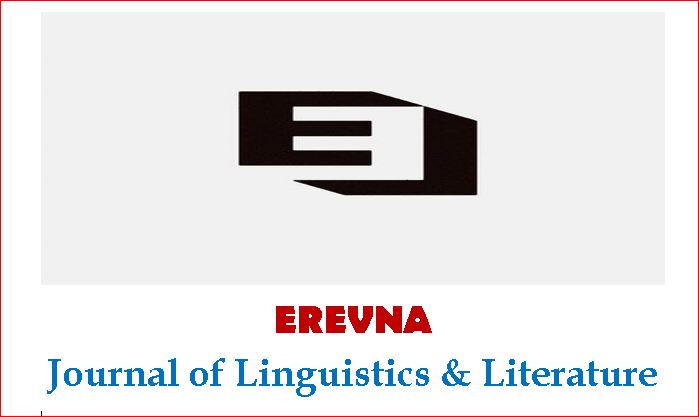Linguistic and Socio-Semiotic Study of the Political Humor in Comic Strips
DOI:
https://doi.org/10.1234/ejll.v7i1.282Keywords:
Socio-Semiotics Analysis Critical Discourse Analysis Comic strips Ideology Power DiscoursesAbstract
Comics have the power to engage readers; they are shaped by society and also help shape social identities and communities. This article examines the underlying meaning of the well-known comic strip Gogi in order to comprehend its content and how it challenges Pakistan's social, cultural, and political norms. The study of comics is important in understanding how media organizations and authors make their own political and social decisions, and how they replicate or challenge the traditions and practices of their culture. The study sample consists of six Gogi comic strips from the official Gogi Studios Facebook page. Fairclough's 3 D Model and Barthes' Socio-Semiotic approach are employed to analyze the selected comic strips and to explore the relationship between comic strips and society. The analysis of the comic strips reveals the socio-political problems and aids in understanding how they interact with the structures of power in society. The research demonstrates the complexity of comic strips and how they are shaped by social, cultural, and political processes, as well as how intricately they alter those processes themselves. This study makes the case that comic strips are a potent medium for influencing audiences because they subtly depict social and political issues while also challenging and questioning the established social hierarchies. The work is important because it reveals the latent symbolic significance that was concealed in the comic strips' complex language and visual structures.
References
References
Barthes, R. (1977). Rhetoric of the Image. In Image, music, text. Stephen Heath.
(Trans.) New York: Hill and Wang. 153
Barker, M. (1989). Comics: Ideology, power and the critics. Manchester, England:
Manchester University Press. 11-12
Cortsen, R.P, La Cour, E & Magnussen, A. (Ed.) (2015). Comics and Power:
Representing and Questioning Culture, Subjects and Communities. Newcastle Upon Tyne: Cambridge Scholars Publishing.
Cui, D. (2010). Challenging the biased perceptions of ―others‖: A critical discourse
analysis approach to global citizenship education. Critical Literacy: Theories and Practices, 4 (1), University of Alberta.
Fairclough, N. L. (1992). Discourse and Social Change. Cambridge: Polity Press. Kanwal, N., Shahnaz, A. and Gulzar, A. (2022). Academic Writing and Issues of Identity: A Focus on Texts and Practices of a Postgraduate Student. Erevna: Journal of Linguistics & Literature, 5 (2). 35-50 Riaz, H., Khan, T., and Ehsan Ullah (2022). Coronavirus Rhetoric in Pakistani Media: A ‗Solution Aversion‘ Pandemic Situation. Erevna: Journal of Linguistics & Literature, 5 (2). 1-11
Steimberg, A. (n.d.) Discourse Beyond Words, or the Ideological Analysis of Comics:
Interpretations of El Eternauta and Slot-Barr.In Lerner, E. & Bolton, L. (Trans.). http://www.camouflagecomics.com/pdf/04_steimberg_en.pdf
Moore, J. T. (2003). The Education of Green Lantern: Culture and Ideology. The
Journal of American Culture, 26. 263
McAllister, M.P., Sewell, Jr., E. H., & Gordon, I. (2001).Comics and Ideology. NY:
Peter Lang. 4-6 Poulsen, S. V. & Gunhild K. (2018). Studying social media as semiotic technology: a social semiotic multimodal framework, Social Semiotics, 28:5, 700 717, DOI: 10.1080/10350330.2018.1505689
Wertham, F. (1954) Seduction of the Innocent. New York: Rinehart & Company.
Wodak, R. & Mayer, M. (Ed.)(2001)Methods of Critical Discourse Analysis.
California: Sage Publications. 123
Citation of this paper
Kanwal, N., Khan, A., & Gulzar, M. A. (2023). Linguistic and socio-semiotic study of the political humor in comic strips. Erevna: Journal of Linguistics and Literature, 7(1), 31-46.





